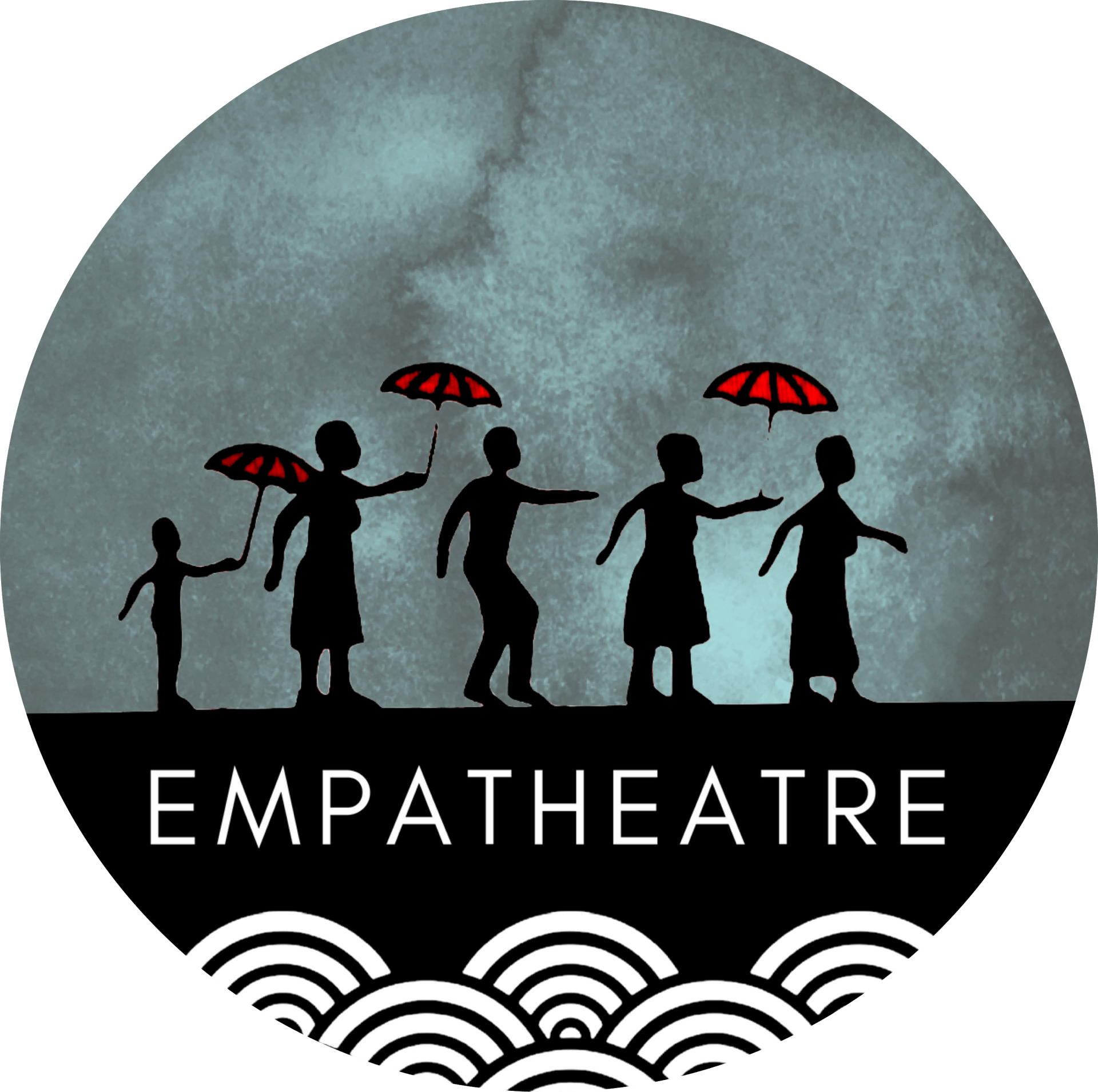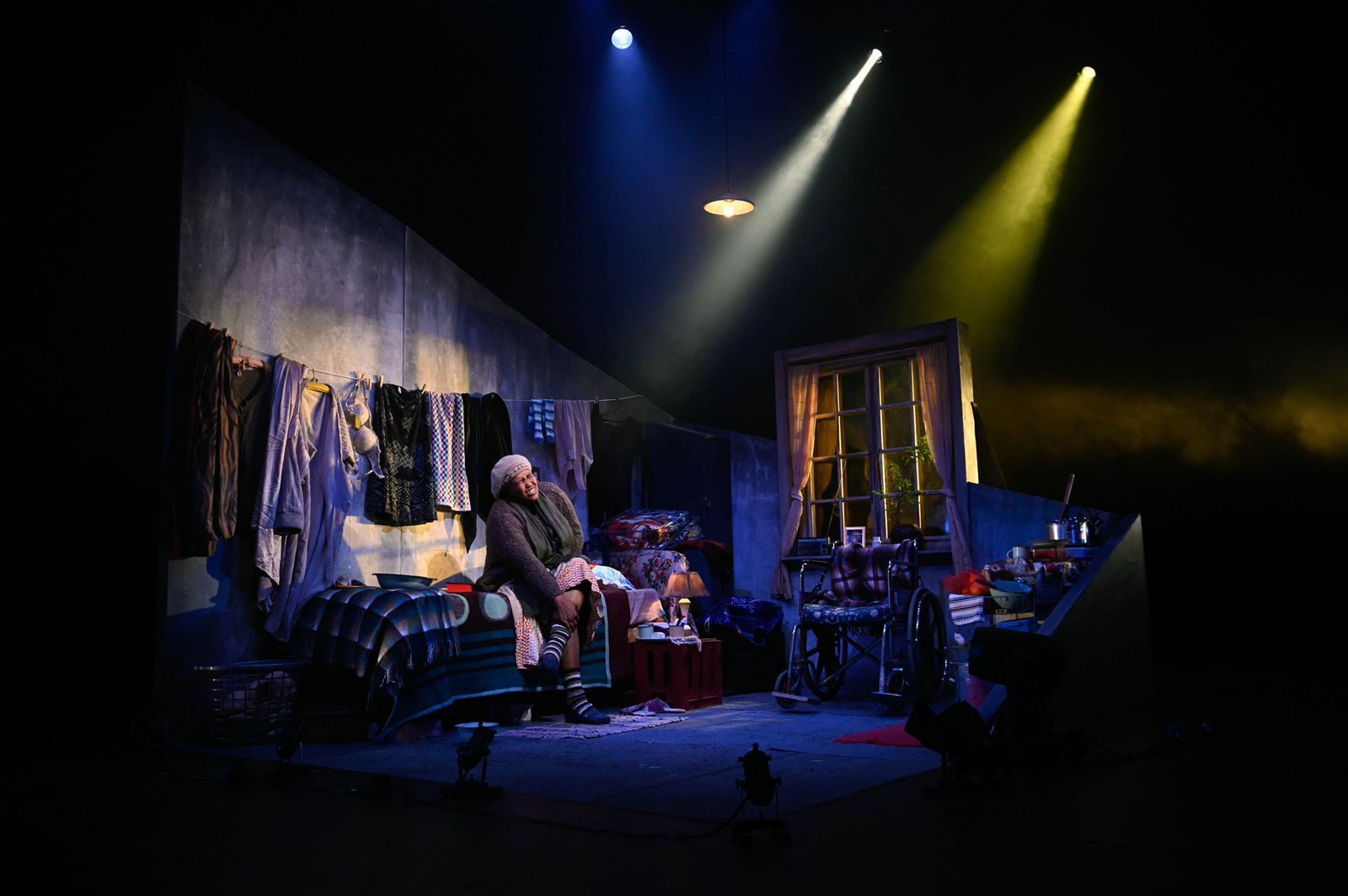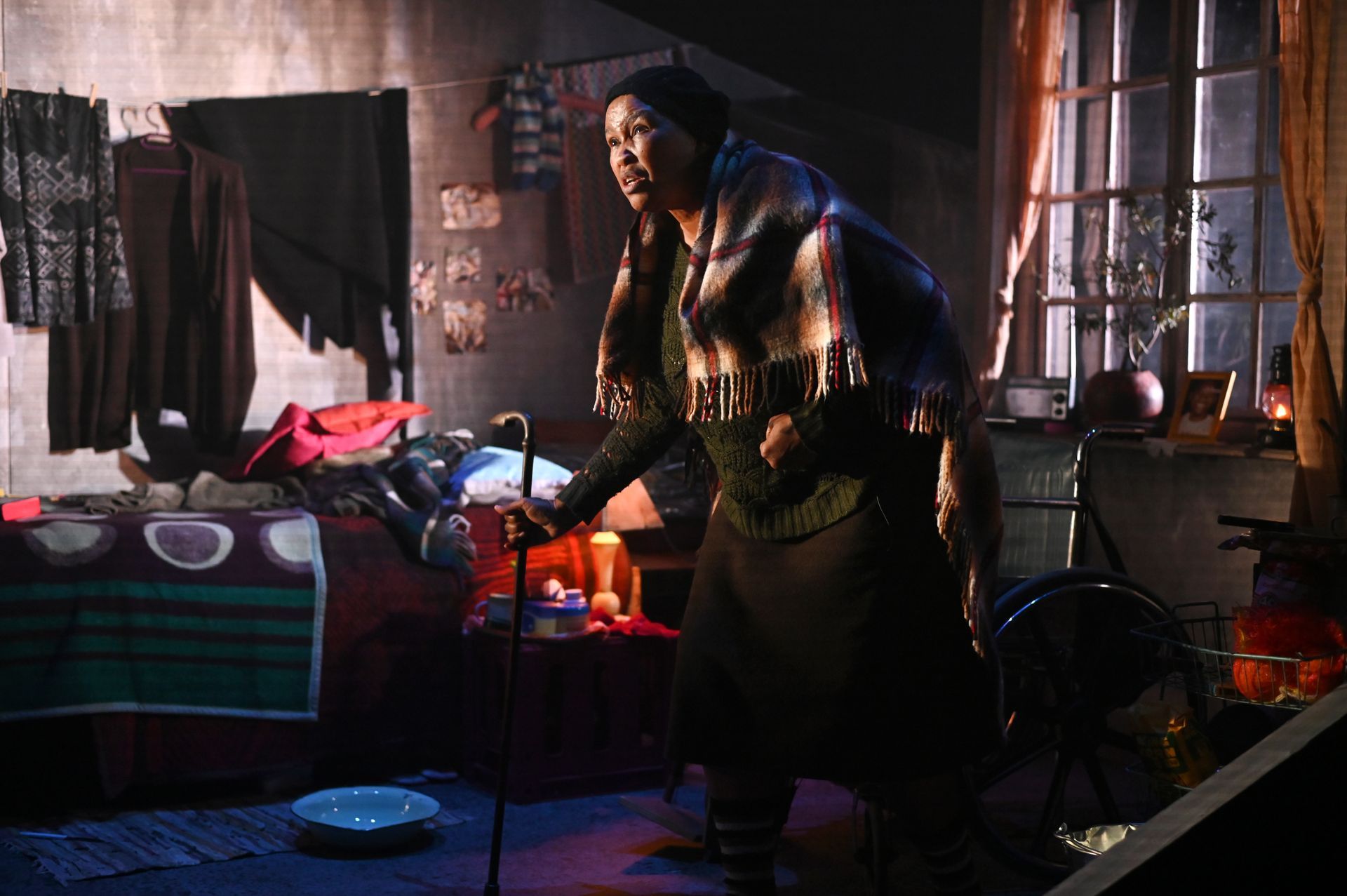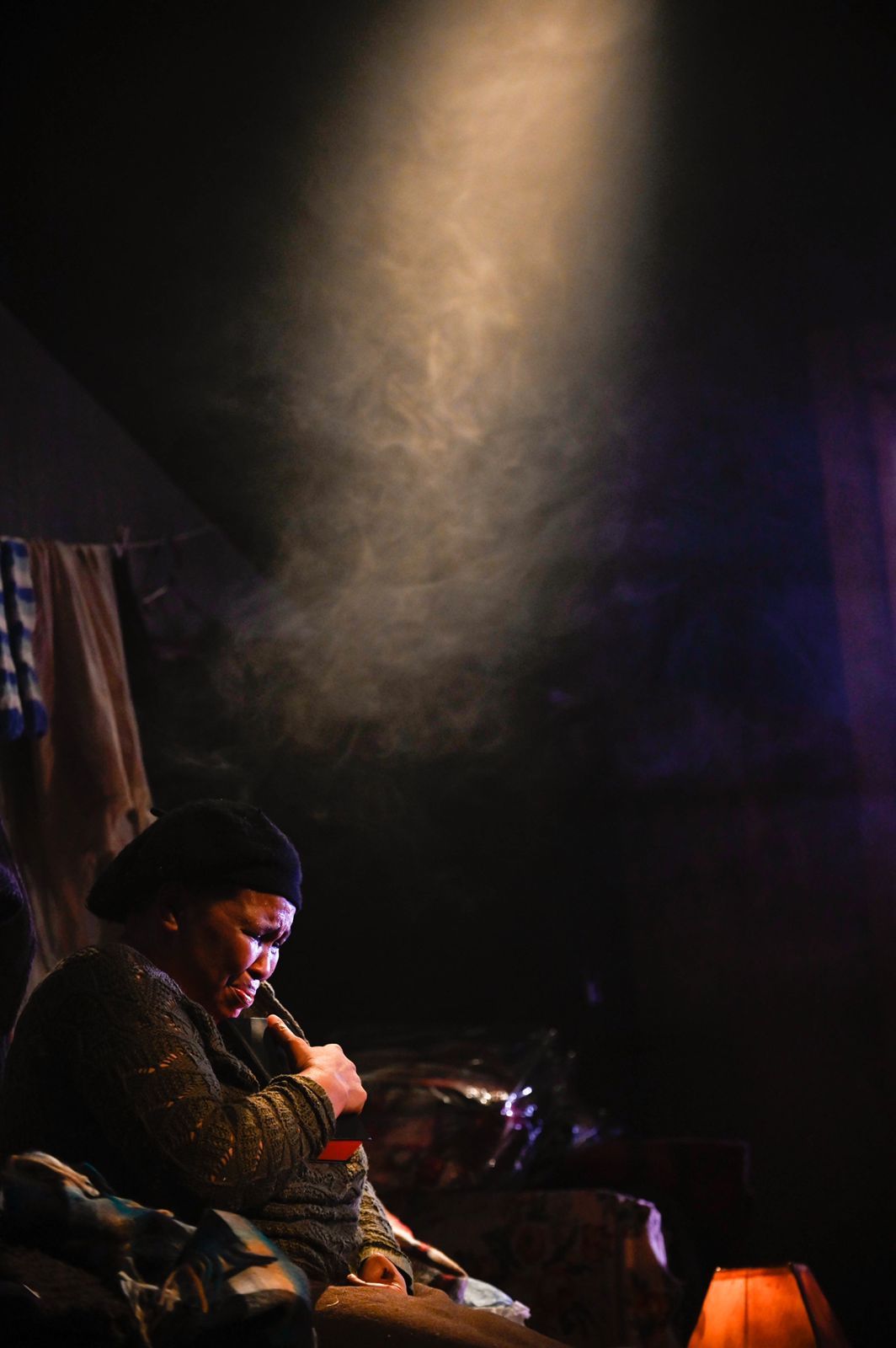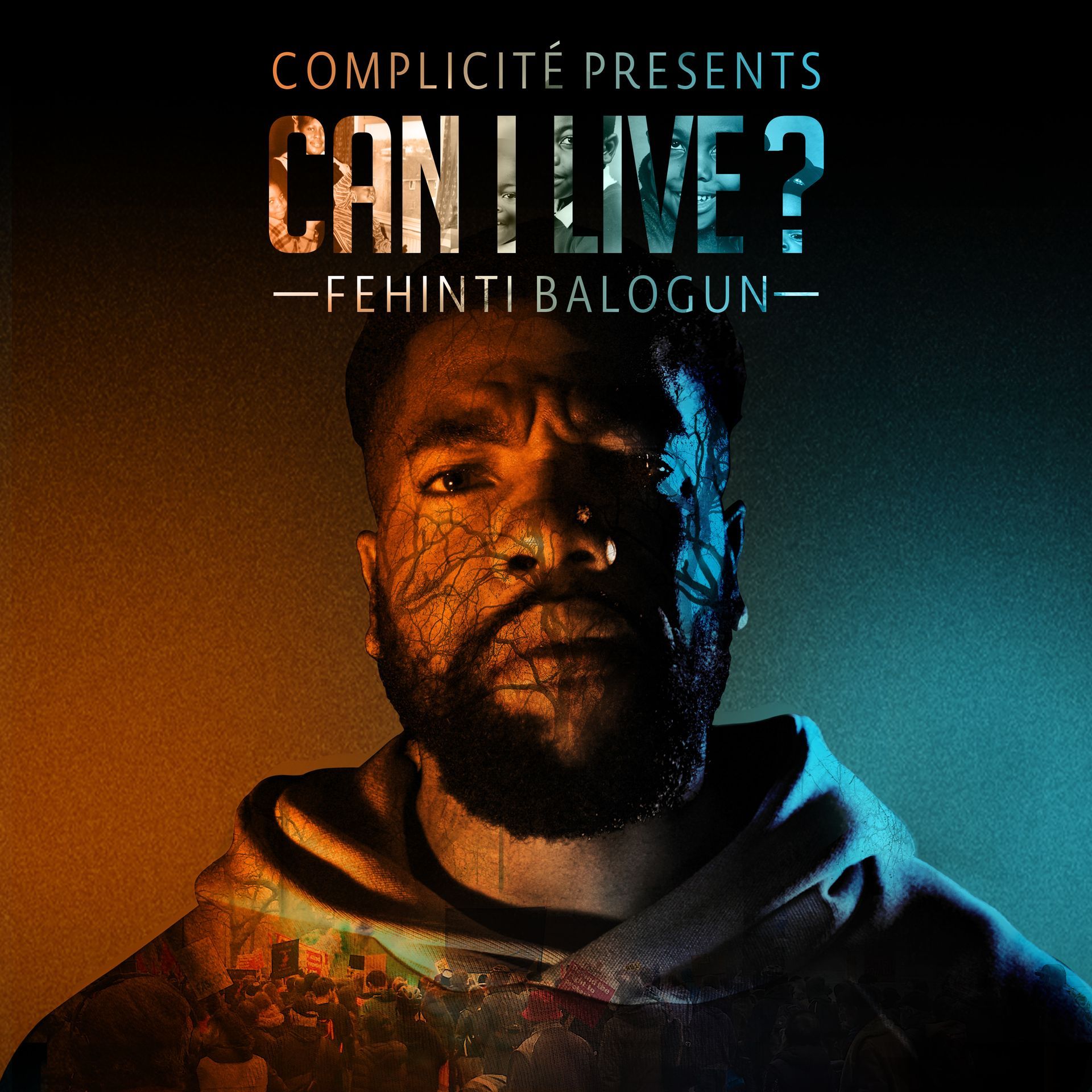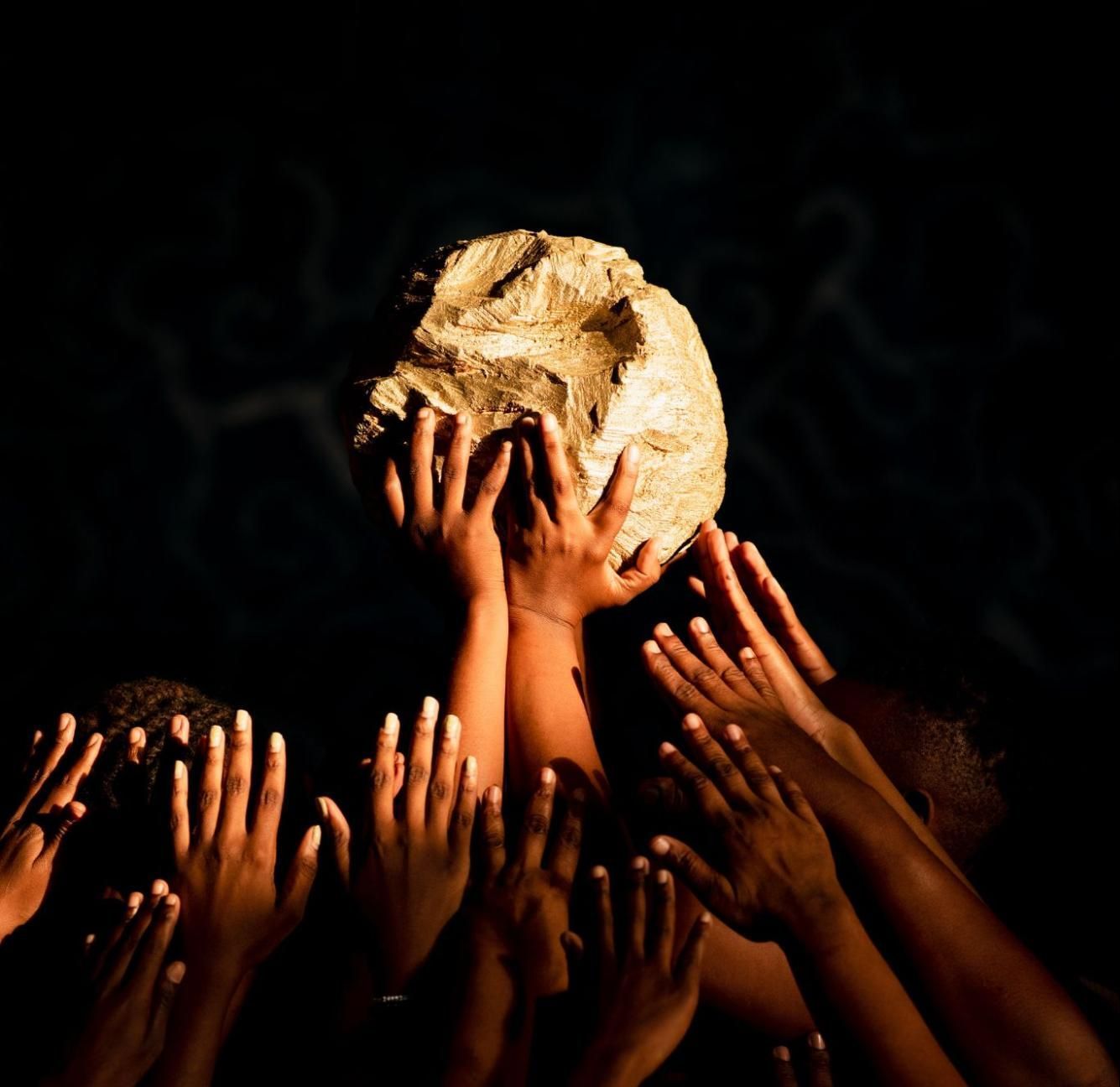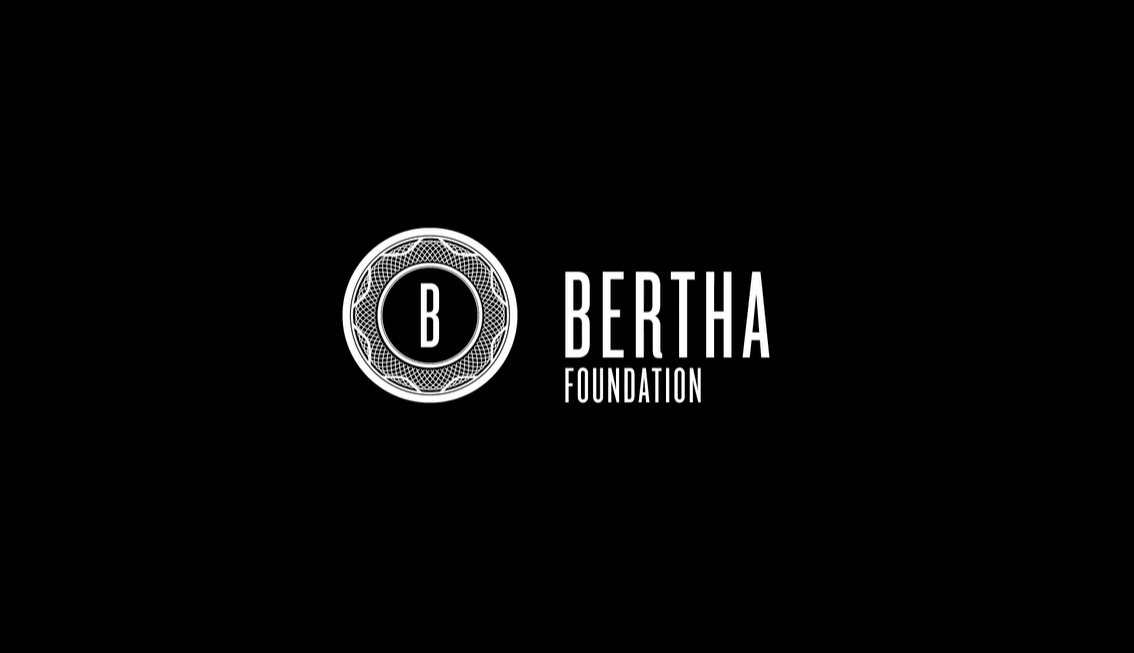How do we make sense of the violent histories that mark our past? This play, Isidlamlilo, forces us to engage seriously with this question. Depending on your own relationship with our violent history, this play awakens a profound and at times unsettling realization that history is a living breathing force in all our lives. Isidlamlilo is set in the dying days of Apartheid, and in the present democratic South Africa. Some South Africans may think they know the history of this time. Some South Africans would like to forget so they can pretend that they are not affected or made complicit by this time. This play is here to remind us that there are many things we do not know about this time. To remind us that the stories of countless Black South African women can be a liberating force as we process our relationship to a violent and painful past. This play Isidlamlilo is a gift, an offering, a reckoning, an awakening to the discomfort and necessity of embracing the complexities of a ‘history from below’, that we all must sit with. We need stories like Isidlamlilo to heal. Stories that refuse to fit into the neat versions of history that we use to justify our current actions.
Reclaiming and redressing our past through recording and making visible the histories of “the black majority and of liberation movements in particular” remains an important political project. The political project of producing history can however take many forms, both liberating and oppressive. As Noor Nieftagodien illustrates the production of public history since the 1990s has focused on “grand national(ist) narratives” which can marginalize local experiences, or only recognize their contributions to change if it serves the dominant narrative. In its “narrower and most popular form this exercise of historical rewriting has inclined to justify the current regimes of power”. Isidlamlilo challenges the grand narrative of what it was like to struggle during and against Apartheid. It does so by telling an unfamiliar story woven into the familiar horror of Apartheid. A story in which we can no longer easily find who to blame.
